Everyone's a pacifist between wars. It's like being a vegetarian between meals
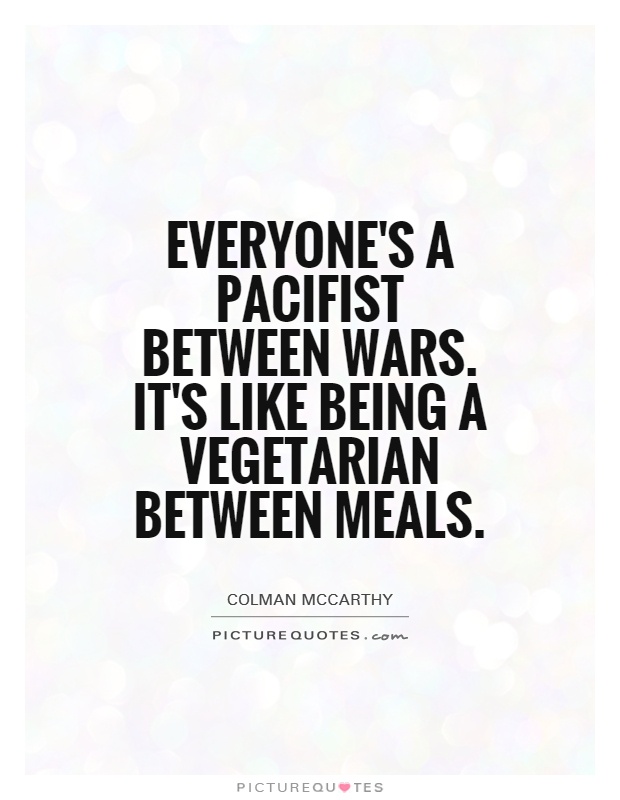
Everyone's a pacifist between wars. It's like being a vegetarian between meals
Colman McCarthy, a renowned peace activist and journalist, once famously said, "Everyone's a pacifist between wars. It's like being a vegetarian between meals." This powerful statement encapsulates the idea that people often claim to be advocates for peace and nonviolence when there is no immediate threat of war or conflict, but their true commitment to these principles is tested when faced with the harsh realities of violence and aggression.In times of peace, it is easy for individuals to espouse pacifist beliefs and condemn war as a destructive and inhumane practice. They may attend rallies, sign petitions, and speak out against militarism, all while enjoying the comfort and security of a peaceful society. However, when faced with the prospect of actual conflict or aggression, many of these same individuals may find themselves wavering in their commitment to nonviolence.
This phenomenon can be seen throughout history, as individuals and nations have often abandoned their pacifist ideals in the face of perceived threats to their security or interests. The outbreak of war can quickly erode the principles of peace and nonviolence, as fear, anger, and a desire for revenge take hold. In these moments, the true test of one's commitment to pacifism is revealed.
Colman McCarthy's analogy of being a vegetarian between meals highlights the inconsistency and hypocrisy that can exist in the realm of pacifism. Just as a person may claim to be a vegetarian but indulge in meat when it is convenient or appealing, so too can individuals claim to be pacifists but resort to violence when it suits their purposes.
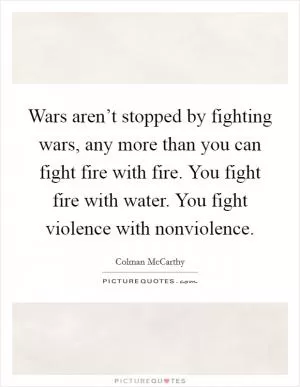

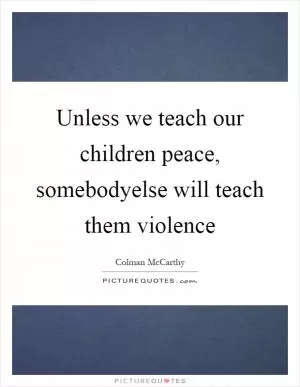
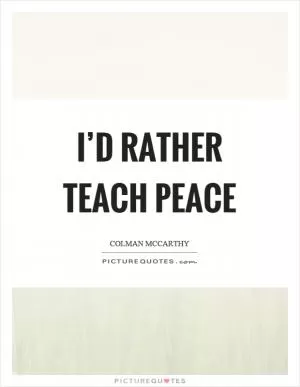
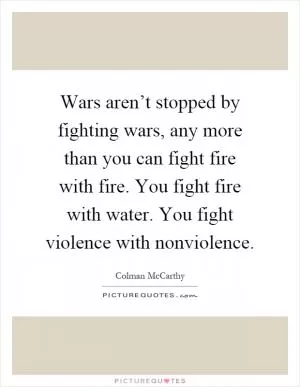
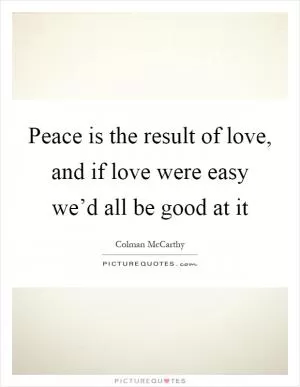
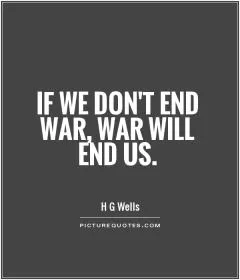

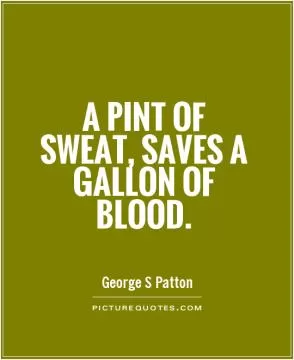

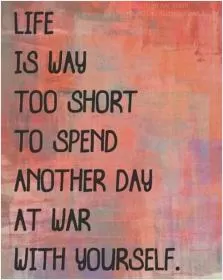
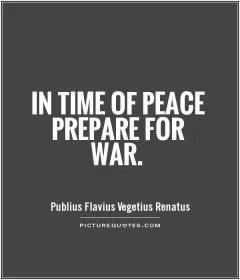
 Friendship Quotes
Friendship Quotes Love Quotes
Love Quotes Life Quotes
Life Quotes Funny Quotes
Funny Quotes Motivational Quotes
Motivational Quotes Inspirational Quotes
Inspirational Quotes